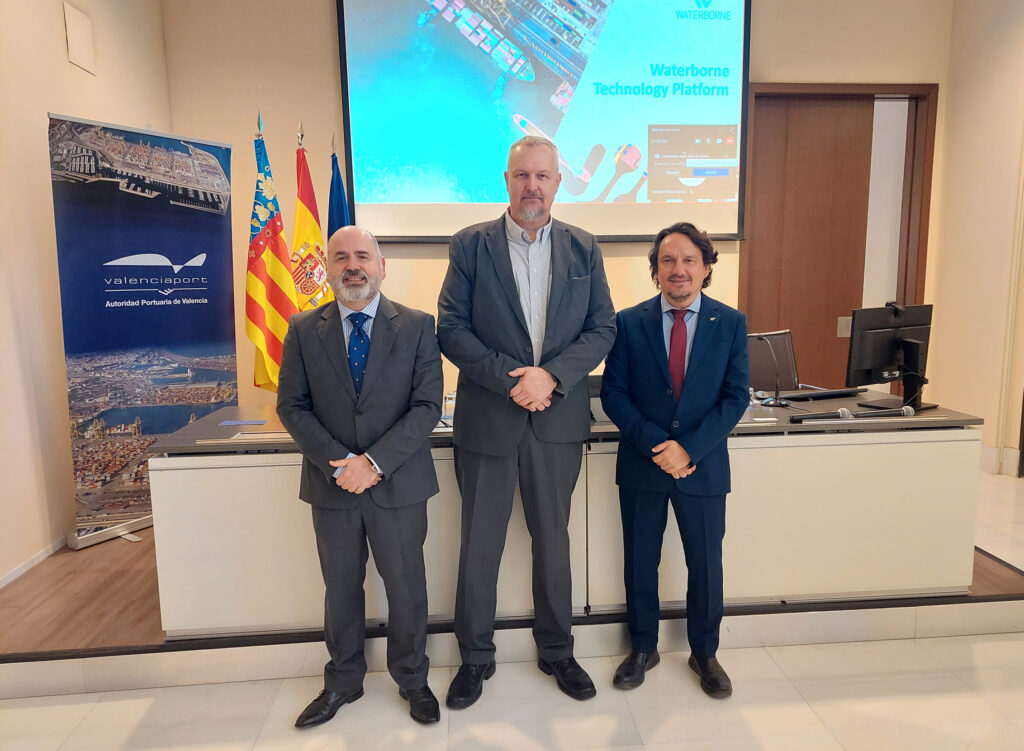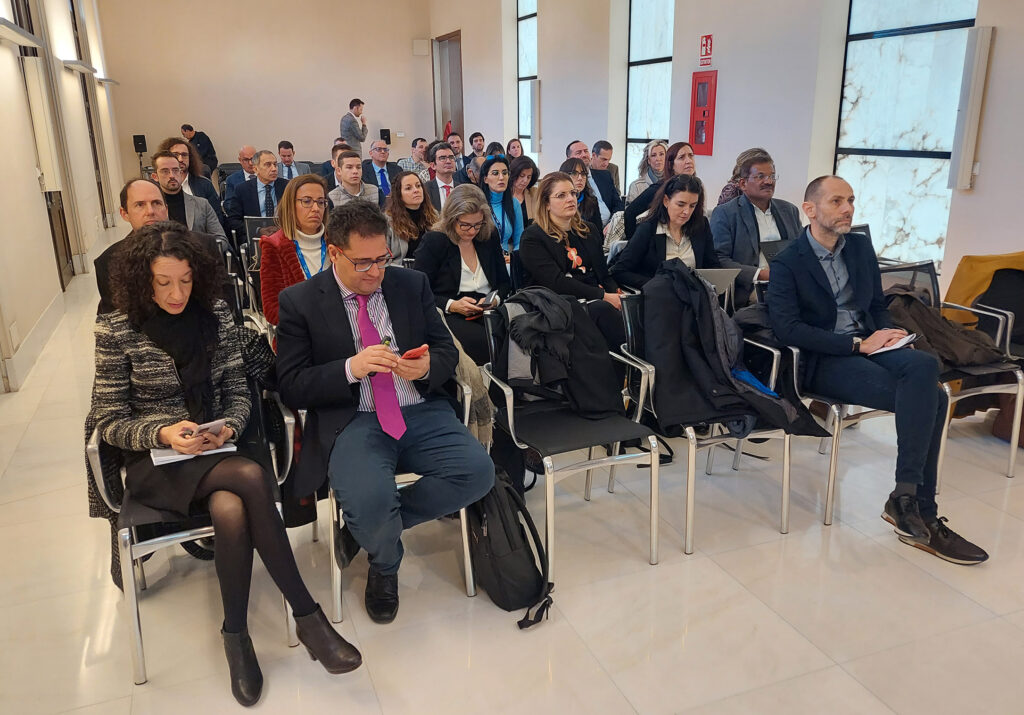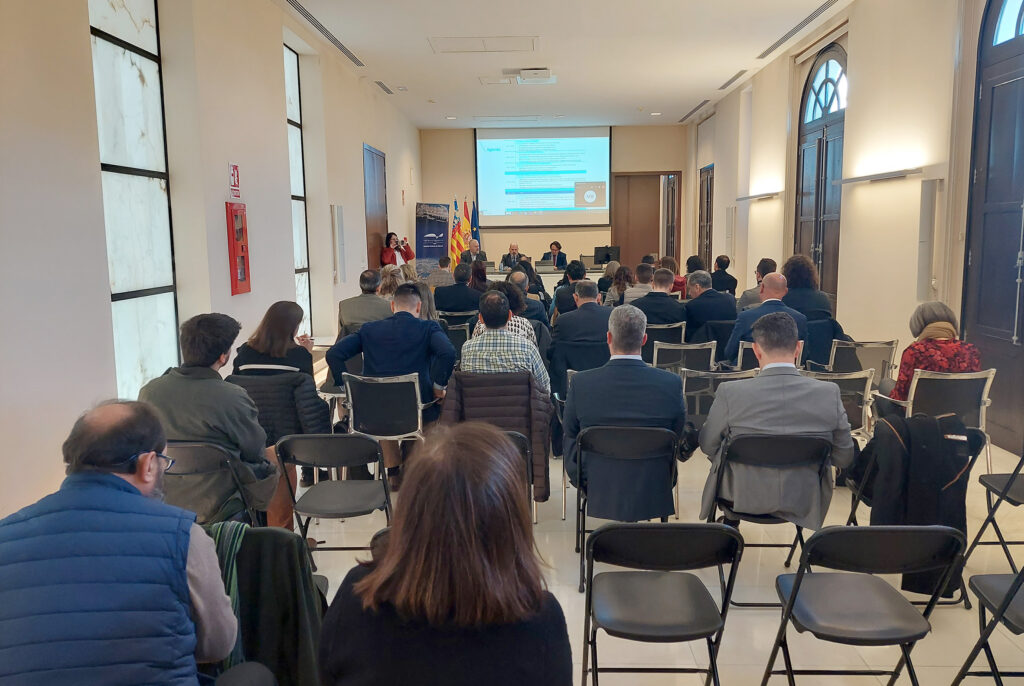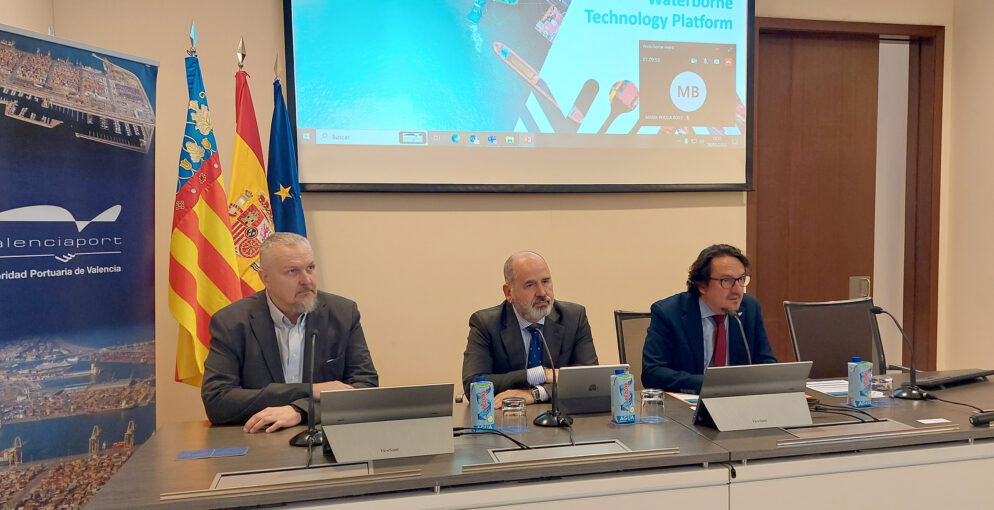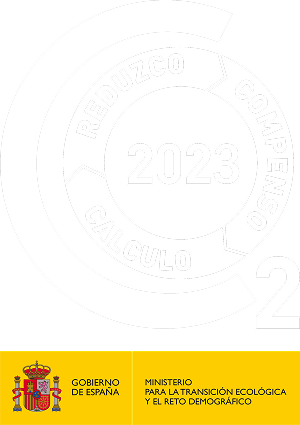Valencia, 28 February 2023. – Today, representatives of the Spanish maritime and inland waterway transport sector met at the Clock Building of the Port of Valencia with the Board of Directors of the Waterborne Technology Platform in a meeting organised by the Fundación Valenciaport in collaboration with the Port Authority of Valencia (PAV), with the aim of discussing the next steps in the transition towards a sector with zero emissions and at the same time competitive and to address the benefits that the different European funding mechanisms make available to companies to develop their research and innovation projects.
The Waterborne Technology Platform is the European research and innovation platform for the waterborne transport industries, providing policy guidance to European institutions on research, development and innovation, as well as on the deployment of these innovations.
The debate at this meeting is of particular relevance to the newly created Partnership on Zero-Emission Waterborne Transport, which offers cooperation between the European Commission and the Waterborne Technology Platform to address innovation projects of strategic interest. The aim of this partnership is to develop and demonstrate zero-emission solutions applicable to all major types of vessels and services by 2030, including ports. The European Commission has earmarked 530 million euros from Horizon Europe for the Partnership, and the industry has committed to invest more than 3 billion euros in the period 2021-2030.
The meeting, which was opened by the General Director of Fundación Valenciaport, Antonio Torregrosa; the President of the Waterborne Technology Platform, Eero Lehtovaara; and the Head of Strategic Planning and Innovation of the APV, Juan Manuel Díez; included two keynote speeches by representatives of the European Commission: Jane Amilhat, Head of Unit of Low Emission Future Industries (aviation, waterborne, steel and coal) – DG for Research and Innovation, who explained how R&D funding programmes contribute to meeting the challenges of the inland waterway transport sector, and Beatriz Yordi, Director of Carbon Markets and Clean Mobility – DG CLIMA, who spoke in depth about the EU Green Deal, and the Fit for 55 package, which includes the review of the FuelEU and AFID initiatives that will regulate decarbonisation in the maritime and inland waterway transport sector.
Next, two representatives of the Waterborne Technology Platform: Jaap Gebraad, Secretary General and Maria Boile, Coordinator of the alignment group, gave an in-depth presentation of this initiative and the work being carried out within the platform, at a table moderated by the Director of Innovation of the Fundación Valenciaport, Salvador Furió.
During the session, the relevance of Horizon Europe funding mechanisms for the maritime-port sector was also highlighted in a discussion between Julio Dolado, Spanish representative of the Cluster 5 Programme Committee of Horizon Europe and Head of Projects of the EU Programmes Division of the CDTI; Elena Seco, Director General of the Spanish Shipping Association (ANAVE); and Jorge Lara, President of the Ports and Logistics Group of Waterborne and Project Manager of the Fundación Valenciaport. This round table was moderated by the Director of Innovation Promotion of the Fundación Valenciaport, Eva Pérez.
Finally, a round table was held to discuss the challenges of decarbonisation of the sector, the need to innovate in alternative fuels and how R+D+i can help to achieve the objectives of reducing emissions in ports. This session, which was moderated by Aurelio Lázaro, Project Manager of the Fundación Valenciaport, counted with the interventions of Cayetano Hoyos, Project Engineer of SOERMAR – Research and Technology Centre of the Private Shipyards; Jesús Blanco, Fleet Project Manager of Baleària; Daniel del Castillo, Sustainability Director of Navantia, and Juan Manuel Díez, Head of Strategic Planning and Innovation of the APV.
Finally, the attendees enjoyed a guided tour of the Port of Valencia.
